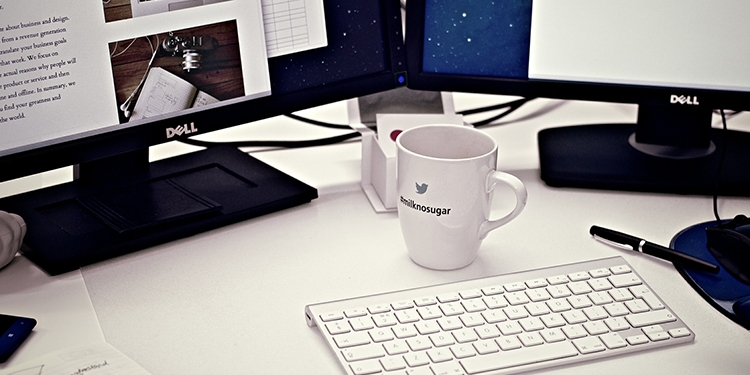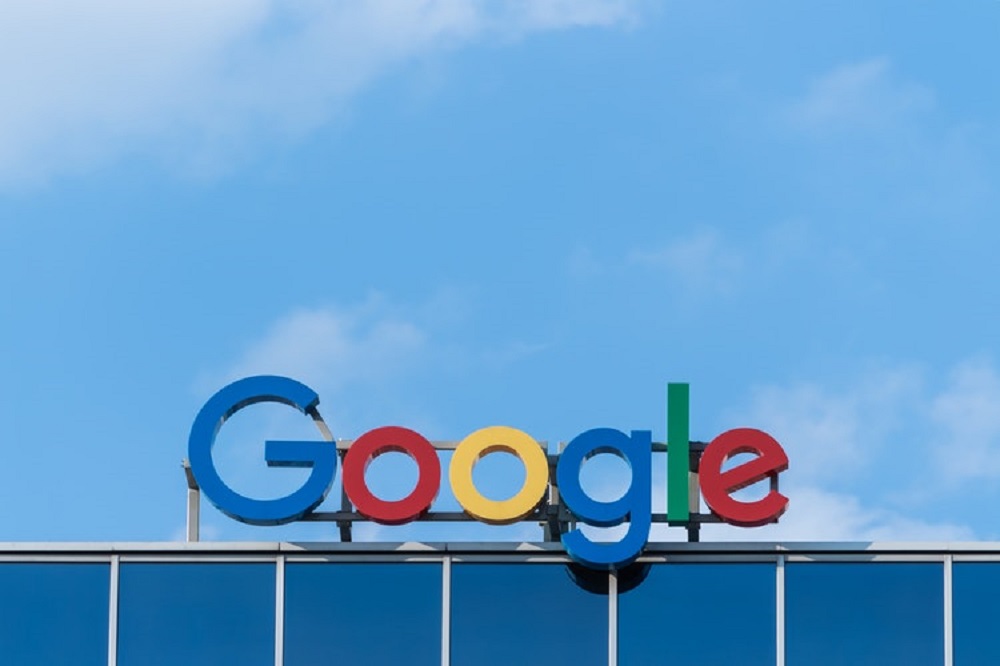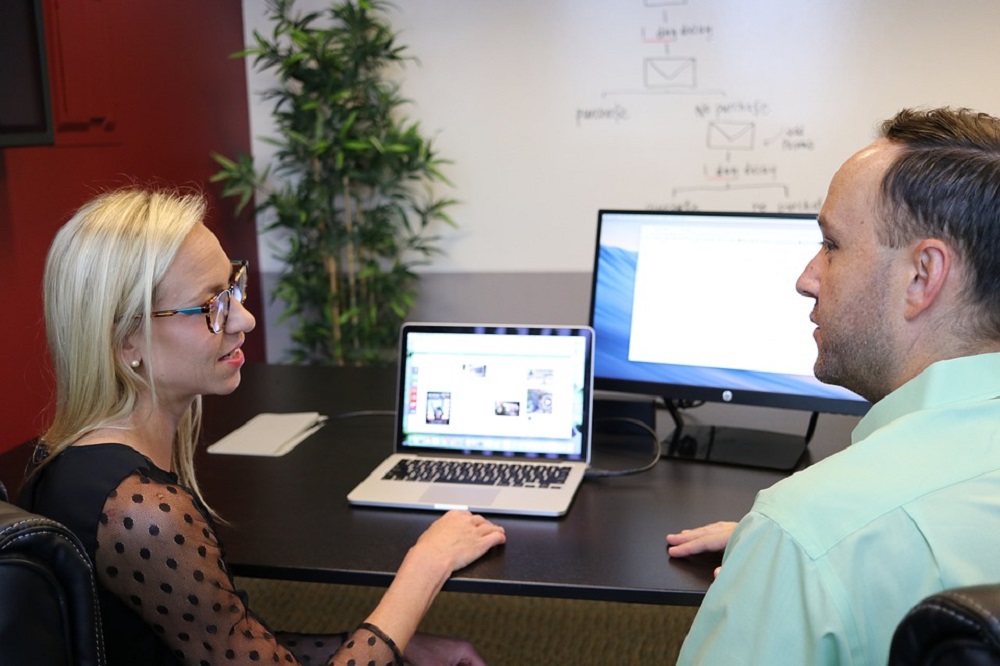

Quick Links
Quick Links

Starting a freelancing agency is scary (but exciting). Scaling that agency is even scarier (and, yes, even more exciting). As you start your journey in the freelance agency world, this post will show you what’s possible and how to get there.
This post is best for these two groups of people:
- Want-to-be freelancers getting ready to leave a day job to make a go of it on your own.
- Freelancers just starting out and thinking about what’s in store for the future.
Starting a Freelance Agency
When freelancing is your profession, it’s hard to know what to call yourself, and each of us uses different terminology. I hear freelancers refer to themselves in the following ways (and this list is by no means exhaustive):
- Freelancer
- Freelance agency owner
- Self-employed
- Independent contractor
- Business owner
- Entrepreneur
All of these labels are absolutely applicable, but for the purposes of simplicity, we’ll wrap them all under the umbrella of “freelance agency owner” for this article.

When you start out as a freelancer, it’s usually just you—a one-person show. You find work that fits your skills, fuels your passion, and helps you meet the goals you set out for yourself (money, lifestyle, or otherwise).
You may be starting from zero and building from scratch, or you may have previous clients and relationships that start you a few steps ahead.
I personally freelanced on the side of a full-time job for a few months before making the leap to full-time freelance agency owner. I also benefited from existing relationships from previous jobs and had a network ready to hire me for my freelance marketing skills.
No matter where you’re starting, there are a few things you’ll need to consider along the way.
1. Building Your Brand

A big question that freelancers have to answer when we’re starting out is:
Will I brand myself under my name, or under an agency name?
There are pros and cons for each. If you choose your name, then you are you. You’re marketing your skills and you’ll be responsible for almost everything (sales, project management fulfillment, quality assurance, etc.). If you choose to build your brand as an agency, you may lose some personal aspects, but you appear more established and you can build an agency without making major brand changes.
If you think you’ll ever want to add people to your agency, I recommend creating an agency brand and building that, even as you’re just starting out.
I started out branding myself as me, Megan Horn, and am running into challenges as I try to transition to my agency brand, FunnelZone. I found it difficult to start scaling my work as “Megan Horn” because clients expected me to be doing the work; they were hiring me. Whereas with my agency brand, they’re hiring FunnelZone. I’m the owner, but I may have others help with project management and fulfillment.
In the end, it’s about setting expectations for clients and planning for your future.
2. Determining Your Service Offering

A central decision to starting your freelance agency is what services you’ll offer. Most freelancers start by offering the services they know the most about. As a freelance agency, you can offer service beyond your specific skills. If you’re a writer, you can offer both writing and design by finding someone with design skills. If you’re a Facebook ads expert, you could offer Google Ads management to round out your service offerings.
Regardless of whether it’s you fulfilling the work or people on in your agency completing it, you’ll need know what you offer in order to find the right people (whether they’re hired or outsourced) and to find the right clients.
On your website, your FreeUp profile, and elsewhere, make sure to be clear about what you offer and the value you bring to clients. As important, internally you must know what you don’t offer as well.
A defined service offering will help you find clients, communicate your value, and maintain your expertise. And if you decide to scale, these guidelines will grow and change but provide a solid foundation for your agency.
3. Setting Pricing Standards

How you brand yourself can have an impact on the prices you’re able to charge. While not a hard-and-fast rule, in general, agencies charge higher rates than individual freelancers. So if you brand yourself as an agency, it may be an opportunity to charge higher rates from the outset.
As with branding changes, pricing changes are difficult once you’re established. So if you start out charging agency-level fees, you’ll likely make it longer before having to raise rates.
To set your prices, it’s important to know your costs and what you need to earn in revenue versus expenses. If you’re a one-person show, you likely have few expenses and can calculate your pricing based on the value you bring, the billable hours you’ll likely work, and what your desired take home salary is.
You’ll want to keep your prices consistent across platforms. For example, if you work with clients locally, on FreeeUp, and on TopTal, you’ll want to offer similar pricing structures no matter where you find each client. After all, you wouldn’t want a FreeUp client to see that you charge 75% of what they’re paying somewhere else.
Finding Work for Your Agency

Once you have your freelancing agency set up—and you know what services you’ll offer and at what prices—it’s time to find work. With today’s gig economy, there are countless ways to find freelance work for your agency.
1. Getting Clients on FreeeUp
FreeUp is essentially built to help you grow and scale your freelance agency. Once you’re approved on the network, you can find clients and projects fast. You’re in complete control of your rate on the network, so you can take projects that meet your budget and rate expectations.
Because tickets move quickly on FreeeUp, here are tips for getting new projects:
- Check the project board a few times per day
- Check in on the FreeUp Skype conversations periodically
- Let Nathan and the FreeUp assistants know what type of projects you want
- Submit requests for tickets that match your qualifications and rate
- Introduce yourself to the potential client right after you’re connected
- Try to get a Skype interview call set up quickly to talk through the project
- Follow up, follow up, follow up
Even though FreeUp makes finding new clients fairly quick and easy, it still requires time and attention like any other sales and business development efforts.
2. Getting Clients Outside FreeeUp

While FreeUp is a great place to find new clients, you likely know the old adage not to put all your eggs in one basket. Diversify your client portfolio by supplementing your FreeUp client load with clients from other sources.
Tap into Your Network
Whether you’re a brand new freelancer or an experienced professional, you have an existing network. You likely have Facebook friends, LinkedIn connections, and groups of people you know in real life.
You can find clients within these pockets without being overly salesy. Oftentimes, if you simply let people in your network know what type of work you do, you’ll have people reach out and can schedule meetings to see how you can help them.
When you identify people in your existing network (or even your 2nd level network) who match the type of client you’re looking for, ask for a meeting. Share what you do, how you add value, and ask them questions to determine if they’re a good fit.
Join Other Freelance Marketplaces

There are a lot of freelance marketplaces that exist. Again, in today’s gig economy where everything can be remote, networks are popping up all over the place.
There are other freelance marketplaces that offer many services, for example: UpWork, Freelancer, Fiverr, and many more. Then there are also niche marketplaces that connect more specific types of clients and freelancers. For example, TopTal is focused on developers and other software-related freelancers; WritingBunny is specifically for content writers; and 99designs focuses on design projects.
So many websites connect freelancers and clients. In my experience, focusing on one or two networks is the best approach. If you focus on FreeUp and then one other niche-based network, you can optimize your sales. You can focus your work on those platforms instead of trying to manage a bunch of logins, proposal styles, and payment frequencies.
3. Building Up Your Marketing and Business Development
Freelance marketplaces are a powerful way to get new clients for your freelance agency. But as you grow and scale, you’ll want to be sure to have the infrastructure in place to find clients outside of these networks.
A few things you can do to help build your marketing and business development include:
- Create a website to share what you do for whom
- Have a portfolio to display your past work
- Blog about your industry
- Be active on LinkedIn
Read more about getting clients to find you.
Scaling Your Freelance Agency

Your business will hit several milestones as you grow and scale your freelance agency.
- Hitting Revenue Goals – The first month when you hit your revenue goal is a great feeling. Take some time to celebrate before you hit the ground running again.
- Meeting Your Individual Capacity – There will come a point where you have enough work to keep yourself busy and can’t take on more by yourself.
- Hiring a VA – Once you hit your capacity (or even before) bringing on a virtual assistant can take admin work off your plate so you can focus on client work. And you know where to find great VAs: Create an account to hire for your agency and post a ticket with what you’re looking for.
- Outsourcing Client Work – As you continue to scale, you’ll need more support. Outsourcing to other freelancers on FreeUp is a great place to start.
- …And Beyond – There’s no telling where your freelance agency can go. Sky’s the limit. Set goals and make them happen.
As you move through these stages, make sure to continually re-evaluate your service offering, pricing model, and cost structure.
1. Determining Your Strategy

There’s no defined way to set up your freelance agency as you scale. You can hire only contracted freelancers or you can bring on full-time employees. You can choose to specialize in a specific industry or in providing a certain service (or a combination of the two).
As the freelance agency owner, you’re responsible for making the decisions about who you serve, what you charge, how you fulfill clients’ needs, and more. You’ll inevitably run into needs that you can’t fulfill yourself (think accounting, financing, payroll, etc.). When you need help in your business, you can almost always find an expert to help on FreeUp.
2. Staying Solo is OK
Not every freelancer sets out to create a huge agency. In fact, most of us don’t. So know that it’s OK to be content running a one-person shop if that meets your goals and makes you happy. You don’t have to have huge dreams—your goals belong to you. You can scale by yourself by increasing pricing, getting more efficient, and focusing on a niche.
Conclusion
Starting, growing, and scaling a freelance agency is a lot fun, a lot of work, and a little bit scary. But overall, it’s a sustainable, manageable business model with many options for adapting as the market changes. And FreeUp is with you every step of the way, from getting your first client all the way to hiring other freelancers. Apply to the FreeUp network today to start and scale your freelance business.
